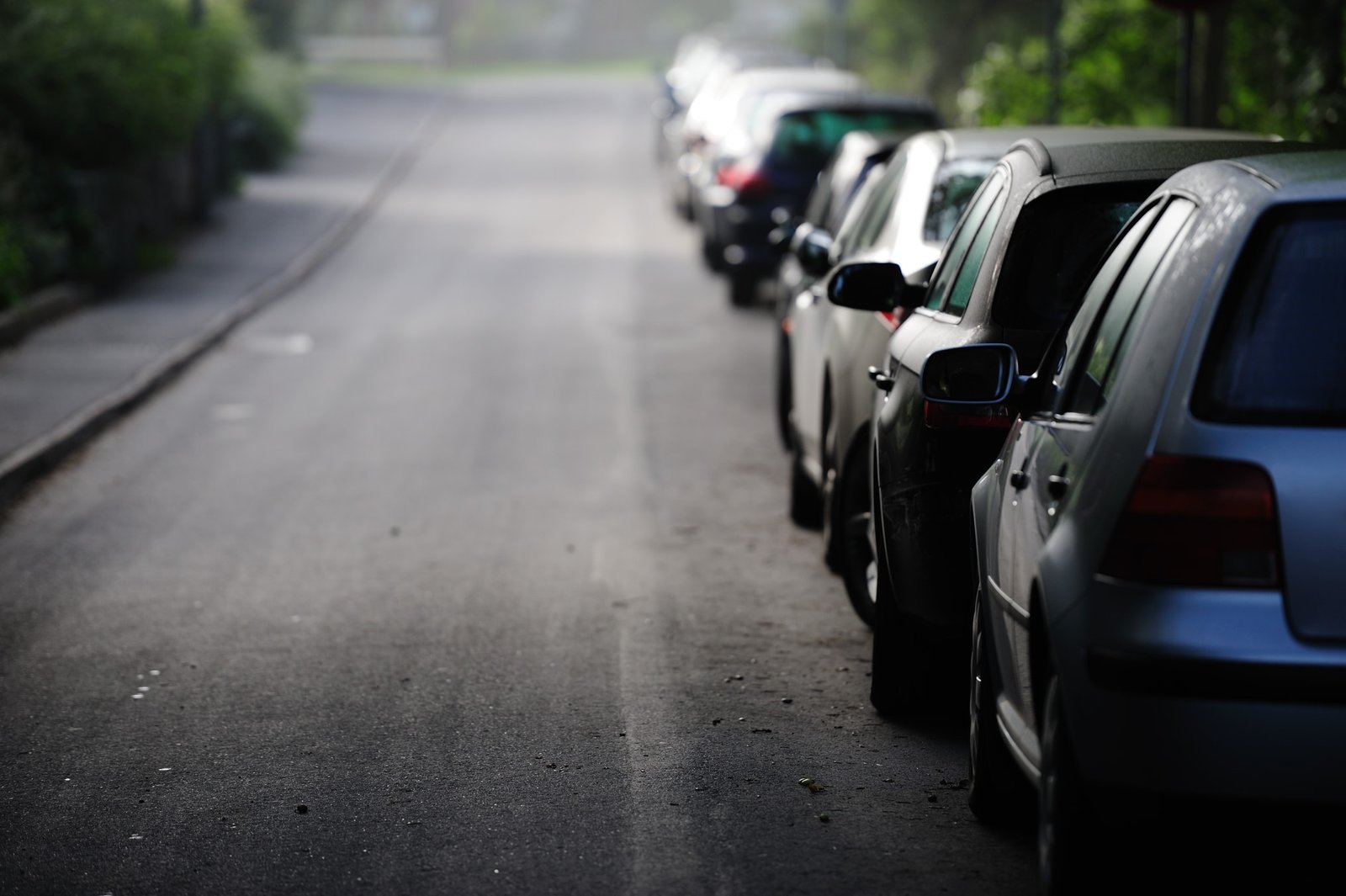 Two legislators recently proposed a controversial measure that seeks to prohibit residents in main urban areas from purchasing a motor vehicle unless they can show proof that they possess a parking space for the vehicle.
Two legislators recently proposed a controversial measure that seeks to prohibit residents in main urban areas from purchasing a motor vehicle unless they can show proof that they possess a parking space for the vehicle.
Senator Sherwin Gatchalian first broached the idea with his Senate Bill No. 201, entitled Proof-of-Parking Space Act, filed on June 30, 2016. This legislative proposal was echoed in Senator Joel Villanueva’s Senate Bill No. 1165 or the No Garage, No Car Act of 2016, which was filed on September 20 of the same year. While the first bill called for imposition in Metro Manila, the second bill makes this imposition for car buyers in all twelve metropolitan centers of the Philippines.
Pressing Issues
This novel measure aims at alleviating the already unbearable road traffic congestion in these large cities, a good deal of which is believed to be caused by difficulty of motorists in traversing minor streets along which other motor vehicles are often parked. Studies indicate that these parked vehicles cannot always be regarded as illegally parked because they are often parked in front of their own residences. The streets and sidewalks immediately in front of city residences, however, are not considered the private property of the homeowner. Therefore, they cannot be used to store or park one’s vehicle or other equipment at the expense of traffic flow.
These measures are regarded as urgent in the light of observations on the rapidly increasing number of vehicles in city roads. There are an estimated 300,000 cars being added to Metro Manila streets each year. A 2018 report by the Japan International Cooperating Agency on the road traffic problem estimates the loss of productivity to traffic congestion to be 3.5 Billion pesos daily.
Alarmed at this situation, President Duterte called on all affected agencies to facilitate traffic flow on all these narrowed streets by removing obstructions such as illegal structures, vendors, junk and debris, and parked cars occupying otherwise usable vehicular traffic lanes.
The proposed law, which is backed by the MMDA, DILG, LTO, and some LGUS, would require individuals and businesses aiming to purchase a motor vehicle to present an affidavit confirming that they have acquired, either through purchase or lease, a parking space for said vehicle.
More Than Meets the Eye
While appreciating the need for solutions to the traffic congestion problem, some analysts argue that the proposed imposition is not entirely a good idea. It could even be regarded as a pro-rich measure thought of by legislators who are detached from the realities of the workforce.
They point out that the overwhelming majority of city dwellers who are able to afford cars for their business or personal use are not able to afford residences which are equipped with garages or off-street parking spaces.
Detractors of the proposed bill also note that would-be car owners who shall not be permitted to purchase cars for their personal use are not offered viable alternatives due to the absence of any efficient public transportation system in the Philippines.
They also argue that legislators and agencies that favor this proposal are not addressing the other long-overdue issues of road congestion, especially the need to remove vendors, illegal stalls, and residential structures from the roadsides.
The issue of requiring parking spaces for car purchase is a continually unfolding argument that be better understood by checking with Duran & Duran-Schulze Law. Call (+632) 478 5826 or email for inquiries.
